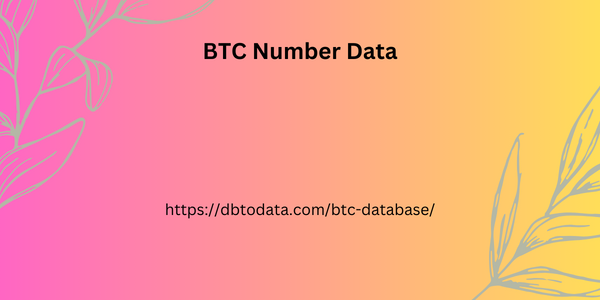Post by account_disabled on Mar 6, 2024 1:17:01 GMT -5
allowances, jetons and any other pecuniary advantages, as well as retirement benefits and pensions for those who are on active duty, on an individual basis, in accordance with the act of the Ministry of Planning, Budget and Management ”.
Following the same line, the National Council of Justice , in a plenary session, decided to change the table in Resolution , which regulates the publication of information relating to the remuneration structure of the Judiciary. Now, information must be conveyed about “ permanence allowances received and other components of remuneration, in addition to deductions made on the payroll, such as those relating to income tax and social security ”.
The right to information, as well as the State's duty to publicize its actions, is a consequence of the republican form of government and the democratic regime of power. However, do we need to know about civil servants' salaries – including the discounts made – for such constitutional values to be enshrined?
I do not believe that it is necessary to realize the fundamental BTC Number Data right to information, the publication of civil servants' salaries, especially information regarding loan discounts, pension payments, tax discounts, among others. In addition to being unnecessary such information (perhaps it serves to feed other people's curiosity), it directly violates the privacy of public servants. It would be enough to publish a table of positions and salaries for the population to be aware of how Brazilian public servants are remunerated.

Thus, as it violates the privacy of civil servants, especially tax and banking secrecy, affection for family relationships, such exposure is incompatible with the Constitution. Not to mention the risks to which an individual is exposed when their salaries are publicly disclosed. It is worth remembering that not every civil servant has at his disposal a security apparatus like a minister of State or higher courts. The unconstitutionality of disclosing such information from public servants has been the understanding of some courts , judges and legal practitioners .
This law, for now, has served much more to satisfy the curiosity of others than to provide “transparency” to the public sector. It remains an odyssey trying to identify where public resources come from and go. Meanwhile, we are discussing whether or not server information should be disclosed. Again, as I said, we are diverting attention to what, in fact, is fundamental.
Numerous information should be disclosed, however, what has gained prominence: the publication of civil servants' salaries, a provision that is not even explicit in the aforementioned law. By the way, this all makes it very clear that no law, by itself, can change reality: once the law is made, the servers are stripped naked and we continue to be oblivious to the really relevant information.
Once again they underestimated the role of the law as an instrument for changing social reality, just as they once again underestimated ourselves, because is this transparency what we need.
Following the same line, the National Council of Justice , in a plenary session, decided to change the table in Resolution , which regulates the publication of information relating to the remuneration structure of the Judiciary. Now, information must be conveyed about “ permanence allowances received and other components of remuneration, in addition to deductions made on the payroll, such as those relating to income tax and social security ”.
The right to information, as well as the State's duty to publicize its actions, is a consequence of the republican form of government and the democratic regime of power. However, do we need to know about civil servants' salaries – including the discounts made – for such constitutional values to be enshrined?
I do not believe that it is necessary to realize the fundamental BTC Number Data right to information, the publication of civil servants' salaries, especially information regarding loan discounts, pension payments, tax discounts, among others. In addition to being unnecessary such information (perhaps it serves to feed other people's curiosity), it directly violates the privacy of public servants. It would be enough to publish a table of positions and salaries for the population to be aware of how Brazilian public servants are remunerated.

Thus, as it violates the privacy of civil servants, especially tax and banking secrecy, affection for family relationships, such exposure is incompatible with the Constitution. Not to mention the risks to which an individual is exposed when their salaries are publicly disclosed. It is worth remembering that not every civil servant has at his disposal a security apparatus like a minister of State or higher courts. The unconstitutionality of disclosing such information from public servants has been the understanding of some courts , judges and legal practitioners .
This law, for now, has served much more to satisfy the curiosity of others than to provide “transparency” to the public sector. It remains an odyssey trying to identify where public resources come from and go. Meanwhile, we are discussing whether or not server information should be disclosed. Again, as I said, we are diverting attention to what, in fact, is fundamental.
Numerous information should be disclosed, however, what has gained prominence: the publication of civil servants' salaries, a provision that is not even explicit in the aforementioned law. By the way, this all makes it very clear that no law, by itself, can change reality: once the law is made, the servers are stripped naked and we continue to be oblivious to the really relevant information.
Once again they underestimated the role of the law as an instrument for changing social reality, just as they once again underestimated ourselves, because is this transparency what we need.